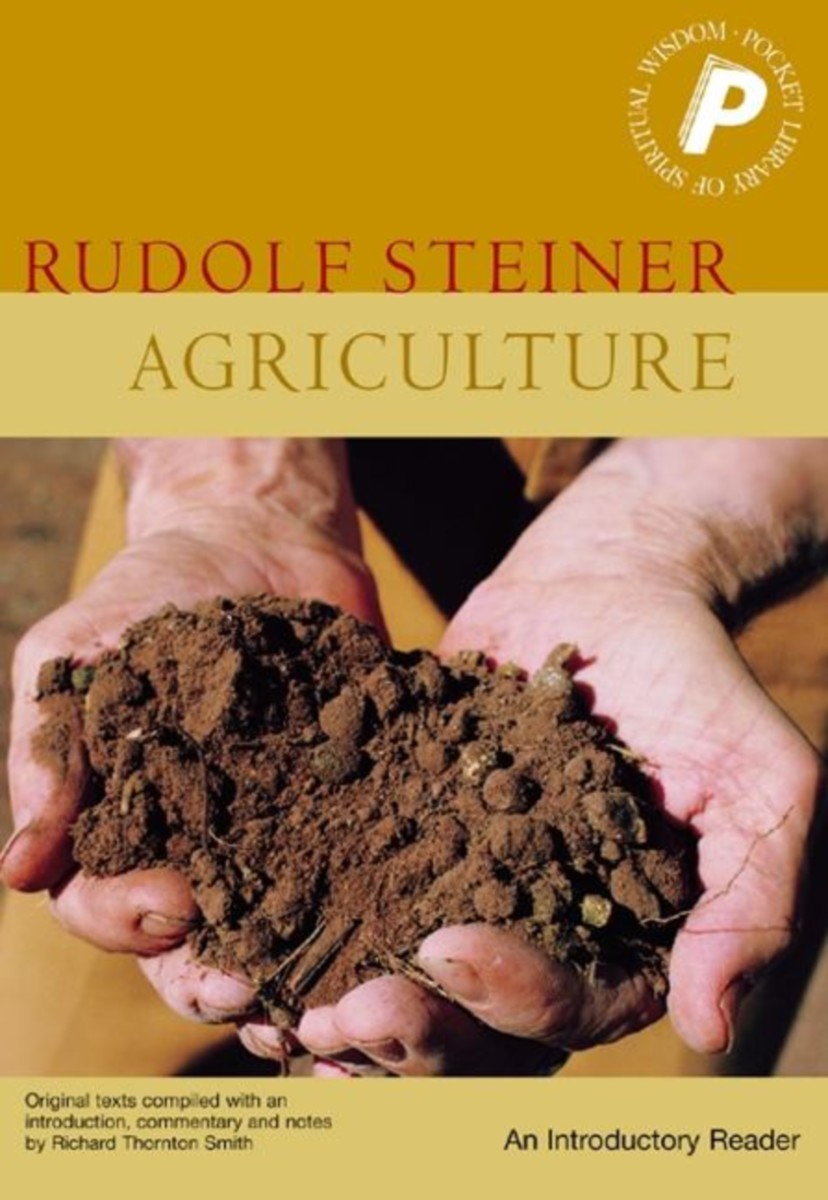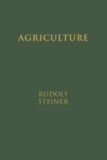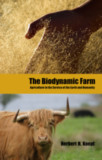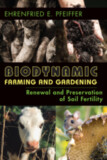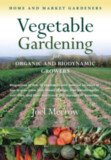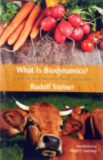- Publisher
Rudolf Steiner Press - Published
1st May 2004 - ISBN 9781855841130
- Language English
- Pages 256 pp.
- Size 5" x 7"
Rudolf Steiner, the often undervalued, multifaceted genius of modern times, contributed much to the regeneration of culture. In addition to his philosophical teachings, he provided ideas for the development of many practical activities including education—both general and special—agriculture, medicine, economics, architecture, science, religion, and the arts. Today there are thousands of schools, clinics, farms, and many other organizations based on his ideas.
Steiner's original contribution to human knowledge was based on his ability to conduct spiritual research, the investigation of metaphysical dimensions of existence. With his scientific and philosophical training, he brought a new systematic discipline to the field, allowing for conscious methods and comprehensive results. A natural seer from childhood, he cultivated his spiritual vision to a high degree, enabling him to speak with authority on previously veiled mysteries of life.
Topics include: the evolving human being; cosmos as the source of life; plants and the living earth; farms and the realms of nature; bringing the chemical elements to life; soil and the world of spirit; supporting and regulating life processes; spirits of the elements; nutrition and vitality; responsibility for the future.
C O N T E N T S:
Introduction by Richard Thornton Smith
1. The Evolving Human Being
2. Cosmos as the Source of Life
3. Plants and the Living Earth
4. Farms and the Realms of Nature
5. Bringing the Chemical Elements to Life
6. The Soil and the World of Spirit
7. Supporting and Regulating Life Processes
8. Spirits of the Elements
9. Nutrition and Vitality
10. Responsibility for the Future
Notes
Sources
Further Reading
Rudolf Steiner
Rudolf Steiner (b. Rudolf Joseph Lorenz Steiner, 1861–1925) was born in the small village of Kraljevec, Austro-Hungarian Empire (now in Croatia), where he grew up. As a young man, he lived in Weimar and Berlin, where he became a well-published scientific, literary, and philosophical scholar, known especially for his work with Goethe’s scientific writings. Steiner termed his spiritual philosophy anthroposophy, meaning “wisdom of the human being.” As an exceptionally developed seer, he based his work on direct knowledge and perception of spiritual dimensions. He initiated a modern, universal “spiritual science” that is accessible to anyone willing to exercise clear and unbiased thinking. From his spiritual investigations, Steiner provided suggestions for the renewal of numerous activities, including education (general and for special needs), agriculture, medicine, economics, architecture, science, philosophy, Christianity, and the arts. There are currently thousands of schools, clinics, farms, and initiatives in other fields that involve practical work based on the principles Steiner developed. His many published works feature his research into the spiritual nature of human beings, the evolution of the world and humanity, and methods for personal development. He wrote some thirty books and delivered more than six thousand lectures throughout much of Europe. In 1924, Steiner founded the General Anthroposophical Society, which today has branches around the world.


